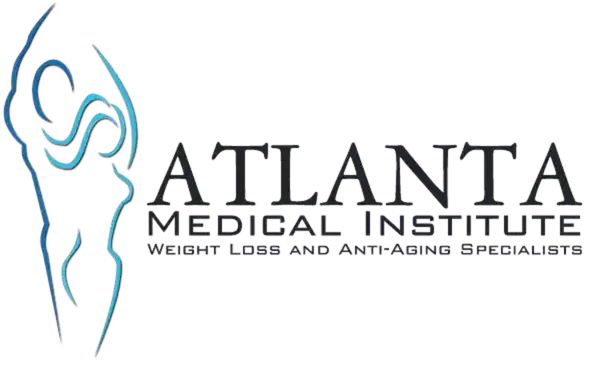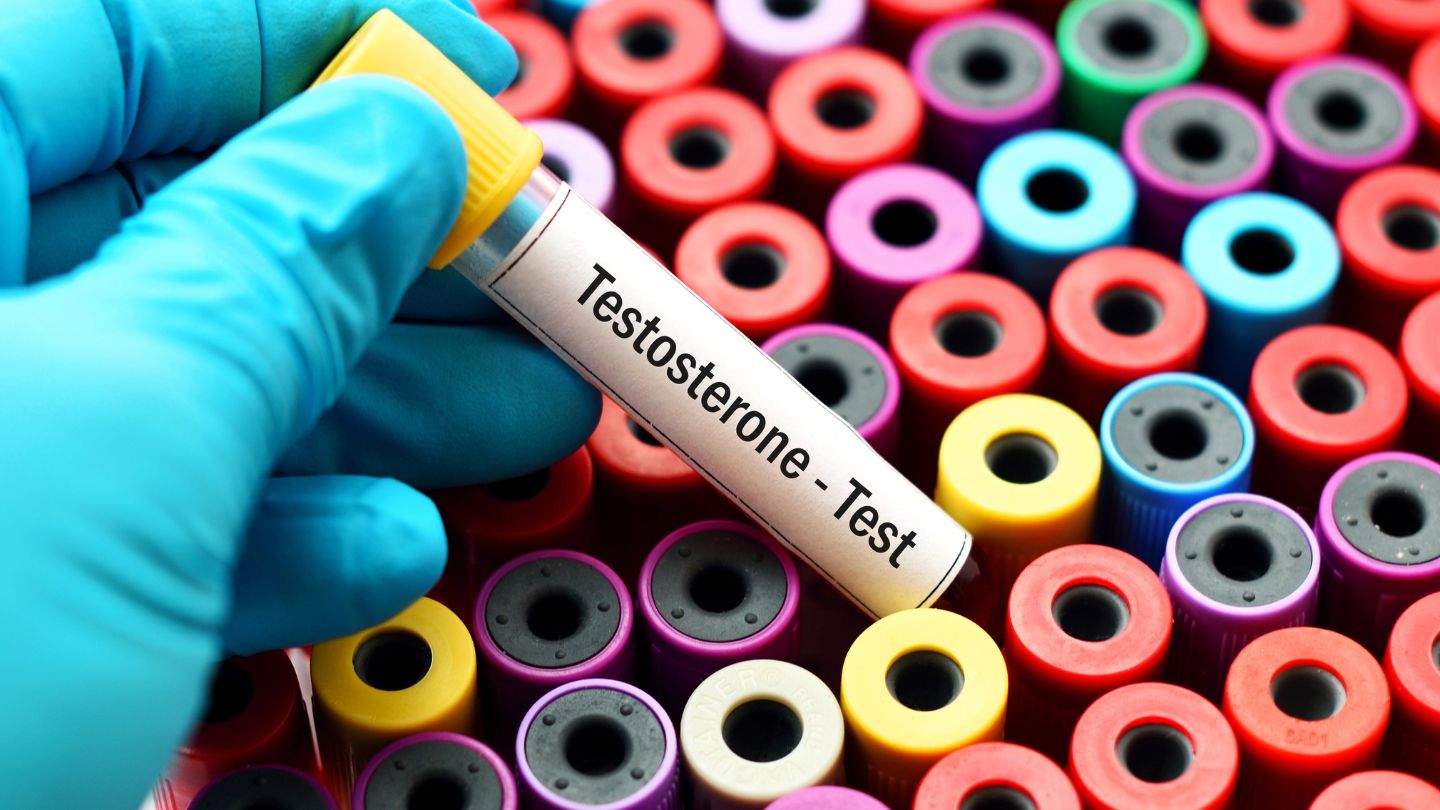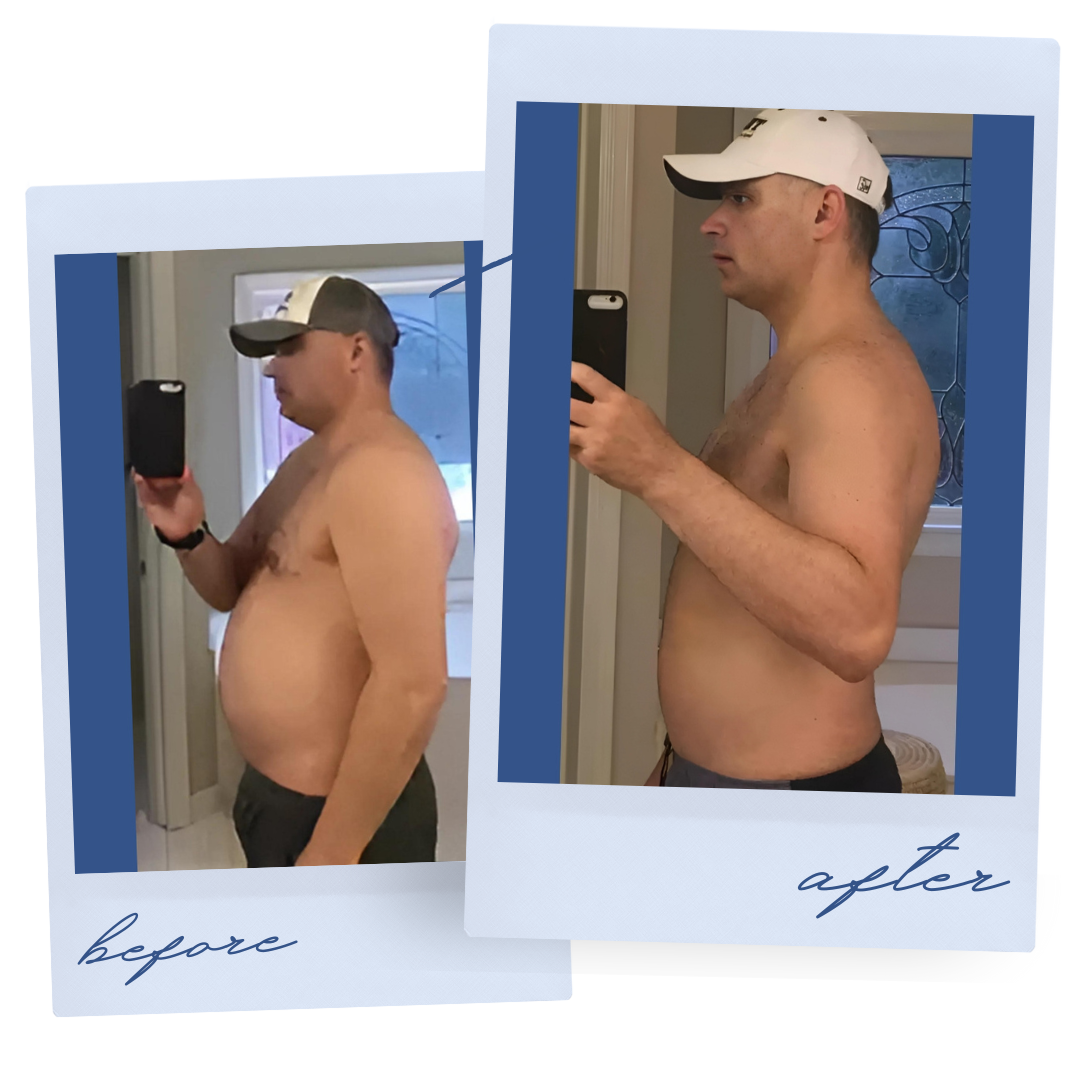Hormonal imbalances can significantly impact your quality of life, affecting everything from energy levels to mental health. Hormone Replacement Therapy (HRT) and Testosterone Replacement Therapy (TRT) are two hormone therapies designed to restore hormonal balance and address symptoms caused by hormonal changes.
In this blog, we’ll explore the key differences between HRT and TRT, how they work, and how Atlanta Medical Institute offers personalized hormone replacement therapies to improve overall well-being.
Key Takeaways
- Hormone Replacement Therapy (HRT) primarily helps women experiencing menopause by replenishing estrogen and progesterone levels to alleviate symptoms.
- Testosterone Replacement Therapy (TRT) focuses on boosting testosterone levels in men to address low testosterone symptoms and improve overall well-being.
- Personalized treatment plans are crucial for both HRT and TRT to ensure optimal results based on individual medical history and lifestyle factors.
Understanding Hormone Replacement Therapy (HRT)
Hormone Replacement Therapy (HRT) is designed to help women experiencing menopausal symptoms by replenishing estrogen and progesterone levels, which naturally decline during menopause. This therapy aims to restore hormonal balance and alleviate symptoms associated with hormonal changes, such as:
- Hot flashes
- Night sweats
- Mood swings
- Weight gain
- Sleep disturbances
- Decreased bone density
- Low libido
For women experiencing menopause, HRT provides much-needed relief and promotes overall health by maintaining bone density and regulating mood.
Key Hormones in HRT
HRT primarily involves the use of estrogen and progesterone, the essential hormones that help regulate mood, maintain bone density and ensure proper body composition. For women who have had a hysterectomy, treatment may involve only estrogen to restore hormonal balance. In some cases, bioidentical hormones offer a more natural alternative that aligns closely with the body’s natural hormone production.
Benefits of HRT
- Restoring hormonal balance for women experiencing menopause
- Alleviating menopausal symptoms like hot flashes and night sweats
- Supporting bone density to prevent osteoporosis
- Enhancing mood regulation and reducing irritability
- Improving overall well-being and quality of life
Exploring Testosterone Replacement Therapy (TRT)
Testosterone Replacement Therapy (TRT) is a specialized hormone therapy tailored for men with low testosterone levels. Testosterone levels naturally decline with age, but some men experience significant hormonal imbalances that impact their daily lives. Symptoms of low testosterone include:
- Diminished libido
- Reduced muscle mass
- Fatigue and low energy levels
- Erectile dysfunction
- Mood swings or irritability
- Sleep disturbances
TRT focuses exclusively on boosting testosterone levels to help men regain hormonal balance, improving their physical and emotional health.
Methods of TRT Administration
TRT is offered in various forms to suit individual preferences and medical needs, including:
- Injections
- Topical gels
- Skin patches
- Implantable pellets
Personalized treatment plans ensure that each patient receives the most suitable method to address symptoms and restore normal testosterone levels.
Benefits of TRT
- Addressing hormonal imbalance by boosting testosterone levels to improve muscle mass and strength
- Enhancing mood and alleviating fatigue
- Supporting mental health and reducing stress hormone levels
- Improving sexual desire and function
- Promoting overall well-being and vitality
HRT vs TRT: What’s the Difference?
HRT and TRT both aim to address hormonal imbalances, but they are designed for different demographics and hormonal needs.
- HRT is primarily for women experiencing menopause, focusing on restoring estrogen and progesterone levels to alleviate symptoms like hot flashes, mood swings, and bone density loss.
- TRT targets men with low testosterone, helping to improve muscle mass, energy levels, and sexual function.
At Atlanta Medical Institute, we specialize in creating personalized treatment plans that consider each patient’s medical history, hormone levels, and lifestyle factors to deliver the best possible outcomes.
Choosing the Right Hormone Therapy
Selecting the appropriate hormone therapy involves considering several factors, including age, health status, and the specific symptoms you’re experiencing. Personalized treatment plans are essential to ensure the therapy aligns with your unique needs and health goals.
Factors to Consider (age, health status, symptoms)
When choosing the right hormone therapy, it’s essential to consider several key factors:
- Age: Hormone levels and the body’s response to therapy can vary. Younger individuals may have different therapeutic needs compared to older adults.
- Health Status: Pre-existing health conditions, such as cardiovascular issues or a history of cancer, can impact the suitability of certain hormone therapies.
- Symptoms: The nature and severity of your symptoms will influence the choice of therapy. For example, severe menopausal symptoms may require a different approach than mild symptoms.
By carefully evaluating these factors and working closely with a healthcare provider, you can select the most appropriate hormone therapy to achieve optimal results and improve your overall well-being.
Lifestyle Factors for Hormonal Health
Hormone imbalances aren’t just about therapies—they’re also influenced by lifestyle factors such as diet, exercise, and stress management. Incorporating healthy habits into your routine can support hormone health naturally.
Tips for Balanced Hormones
- Diet and Nutrition: Focus on nutrient-rich foods like omega-3 fatty acids to support hormone production and reduce inflammation.
- Exercise: Engage in regular physical activity to maintain muscle mass, improve body composition, and boost testosterone levels.
- Stress Management: Practice mindfulness or meditation to reduce stress hormone levels and support overall health.
Summary
HRT and TRT are essential therapies for addressing hormonal imbalances and enhancing overall well-being. Hormone Replacement Therapy primarily aids women experiencing menopause by replenishing estrogen and progesterone levels, while Testosterone Replacement Therapy focuses on increasing testosterone levels in men. Both treatments contribute to improved physical and mental health, boosting energy levels, mood regulation, and body composition.
At Atlanta Medical Institute, we specialize in low testosterone therapy in Atlanta, offering personalized hormone replacement therapies to help you achieve balanced hormones and improve your quality of life. Contact us today to discover how we can assist you in restoring your hormonal balance and living your best life.
FAQs
Is taking testosterone considered HRT?
Yes, taking testosterone can be considered a form of hormone replacement therapy, specifically known as testosterone replacement therapy (TRT).
What does HRT do for a man?
HRT can help men by addressing hormonal imbalances, boosting testosterone levels, and improving mood, energy levels, and sexual function.
What is better, TRT or HRT?
The choice between TRT and HRT depends on individual needs and hormonal imbalances. TRT is more suitable for men with low testosterone, while HRT is typically for women experiencing menopausal symptoms.






